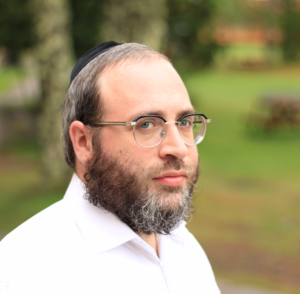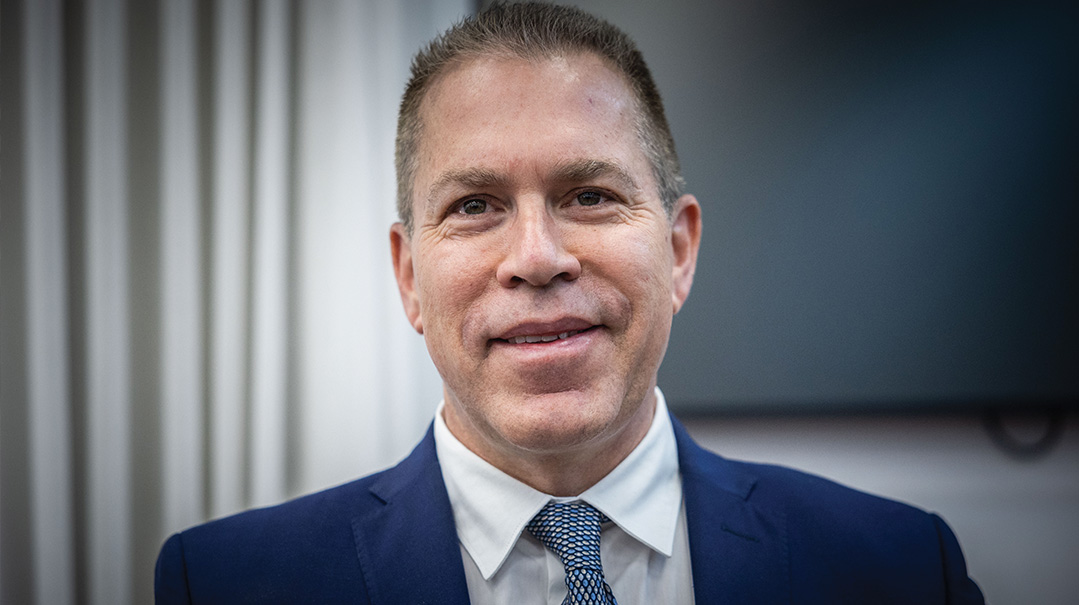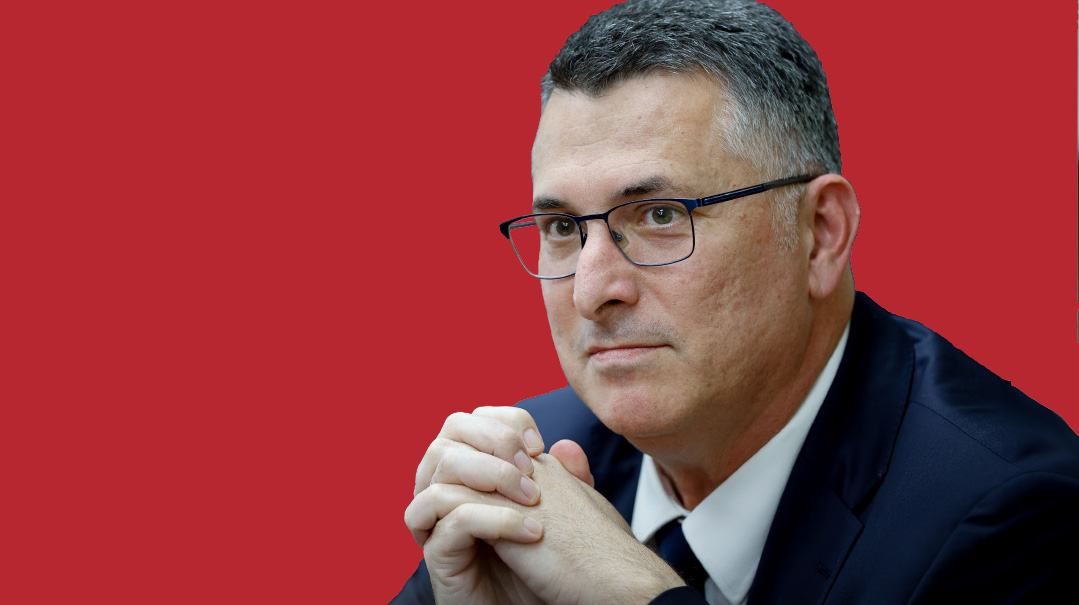A Few Minutes with New York State Assemblyman Walter Mosley

New York State Assemblyman Walter Mosley on his emergence as a leading pro-Israel Democrat

N
ew York State Assemblyman Walter Mosley is a rising star in the Democratic Party and in the pro-Israel community. Last week, Mosley appeared on the main stage at AIPAC’s Policy Conference in Washington, D.C., recounting the story of Ralph Bunche, an African-American scholar who received the Nobel Peace Prize in 1950 after negotiating armistice agreements between Israel and four Arab states. Mosley, who was the leading sponsor of a bipartisan resolution rejecting the Boycott, Divestment, and Sanctions (BDS) movement in 2015, is a recent recipient of AIPAC’s Ralph Bunche Award, a prize that recognizes African-American activists who have demonstrated significant leadership in advancing the US-Israel relationship. Mosley represents the 57th Assembly District, which includes parts of the Jewish community in Crown Heights and nearby Williamsburg. Last week, following his second trip to Israel and before AIPAC’s annual gathering, Mosley spoke to Mishpacha about his support for Israel in an interview at his Brooklyn district office.
How did you become the lawmaker to introduce the anti-BDS legislation?
Former assemblyman Phil Goldfeder and I were very good friends in the Assembly. He saw that I took a stance in upstate New York, where there was some anti-Semitism being expressed by a certain community. Phil saw that, and realized that I was a friend of the Jewish People and that I represent a large segment of Jewish New Yorkers, whether it’s in Crown Heights or in the southern portion of my district, near Williamsburg. He felt comfortable giving me this resolution to introduce on the floor.
What’s your experience looking at Israel from the outside as someone with a minority background?
I always look at things in a grand historical perspective, so understanding how important the relationship of the Jewish and African-American communities was during the ’50s and ’60s, during the civil rights movement, was critical. It was also important to understand that our plights parallel one another, that we both experience racism here in the United States. I think the parallel between our similar experiences means we have far more in common than other people.
But I also look at it from a personal perspective. As a young child, I went to a Montessori school and had the experience of having classmates from all over the world — from Belgium, England, France; people of different faiths, different racial and socioeconomic backgrounds — and it exposed me to different cultures, traditions, and religions. As a result, it made me more compassionate and tolerant, and open to new ideas and people.
Since I was raised in Crown Heights until I was eight years old, I always was around the Jewish culture. To me, it was nothing abnormal, interacting with your neighbors who happened to be Jewish. Fast-forward to now, my political career, it was natural and organic in terms of doing what is right.
How did your relationship with AIPAC start?
I had some friends who worked for AIPAC — we went to the same law schools — and they heard about my position with BDS, and they came to me and asked if I would be interested in attending the Policy Conference. I went to my first AIPAC conference four years ago and from there I’ve been speaking on panels and talking about the unique relationship between the African-American community and the Jewish-American community.
You were part of a delegation visiting Ramallah last month. As widely reported, the group came under attack by Palestinian protesters. I’m interested in hearing about how you personally experienced that incident. How did you feel? What went through your mind?
I was trying to make sure my colleagues got out safe, particularly my Jewish and female colleagues. They were quite frightened, and understandably so. Obviously I also prayed that I’d see my family again… (Excerpted from Mishpacha, Issue 702)
Oops! We could not locate your form.













